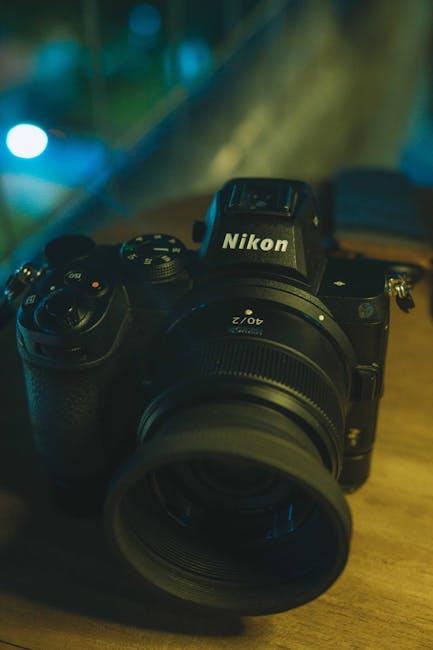Filmmaking has been an art form that has been cherished for decades, capturing the imagination of audiences around the world. The creativity, vision, and talent of filmmakers have brought to life stories that have the power to provoke emotions, challenge beliefs, and inspire change. However, with the rise of artificial intelligence (AI), filmmakers are starting to question the future of their craft.
AI has already made its mark in the film industry, with its ability to enhance visual effects, simplify post-production processes, and even create convincing digital humans. It has proven to be a powerful tool, enabling filmmakers to bring their imaginations to life more efficiently than ever before. However, with AI’s capabilities expanding rapidly, some filmmakers are growing concerned about the impact it could have on their artistic autonomy.
One company at the forefront of AI integration in filmmaking is Big Tech. These tech giants are investing heavily in AI, aiming to revolutionize the industry with intelligent algorithms that can generate storylines, predict audience preferences, and even assemble films autonomously. While this may sound appealing to some, others argue that it threatens to devalue the creative process and the unique perspective of human storytellers.
AI-generated content has already found success in the music industry, with the emergence of AI-generated songs and remixes. However, music differs from film in that it is primarily an audio experience. Filmmaking involves not only storytelling through visuals but also capturing actors’ performances, the nuances of dialogues, and the overall emotional journey of characters. The concern among filmmakers is that while AI may excel in certain technical aspects, it may struggle to capture the intricacies that make a film truly remarkable.
In response to these concerns, Big Tech is attempting to ease filmmakers’ worries by highlighting the potential benefits of AI integration. They argue that AI can serve as a valuable tool, allowing filmmakers to explore new creative possibilities. By leveraging AI’s capabilities, filmmakers can save time on laborious tasks, automate tedious processes, and experiment with unique visual effects. Big Tech hopes to foster a collaborative approach, enabling filmmakers to work hand in hand with AI to enhance their creative vision.
Proponents of AI integration in filmmaking also argue that AI can help address longstanding issues such as representation and diversity on screen. By analyzing vast amounts of data, AI algorithms can identify patterns and biases in casting decisions, suggesting alternative options to ensure more inclusive storytelling. Furthermore, AI can assist with language translation, making films accessible to a global audience and bridging cultural divides.
However, despite the potential benefits, skepticism remains. Filmmakers fear the possibility of becoming too reliant on AI, losing the human touch in the process. They worry that AI-generated content may lack the depth and emotional resonance that comes from human experiences, ultimately resulting in formulaic, uninspiring films. Additionally, there are ethical concerns regarding ownership and copyright, as AI-generated content blurs the line between original ideas and machine-generated content.
Ultimately, the future of AI in film lies in striking a balance between the capabilities of technology and the artistic vision of human creators. Filmmakers must exercise caution to ensure that AI remains a tool rather than a replacement for their creative ingenuity. Collaboration and dialogue between filmmakers and Big Tech will be crucial in shaping a future that combines the best of both worlds.
As emerging technologies continue to shape the film industry, filmmakers must adapt to the changes while safeguarding the artistry that makes their craft so unique. While AI may present new challenges and opportunities, it is essential for filmmakers to stay true to their creative instincts and resist being swept away by the allure of technology. Only through this delicate balance can the art of filmmaking continue to thrive and resonate with audiences for generations to come.
Hey Subscribe to our newsletter for more articles like this directly to your email.
